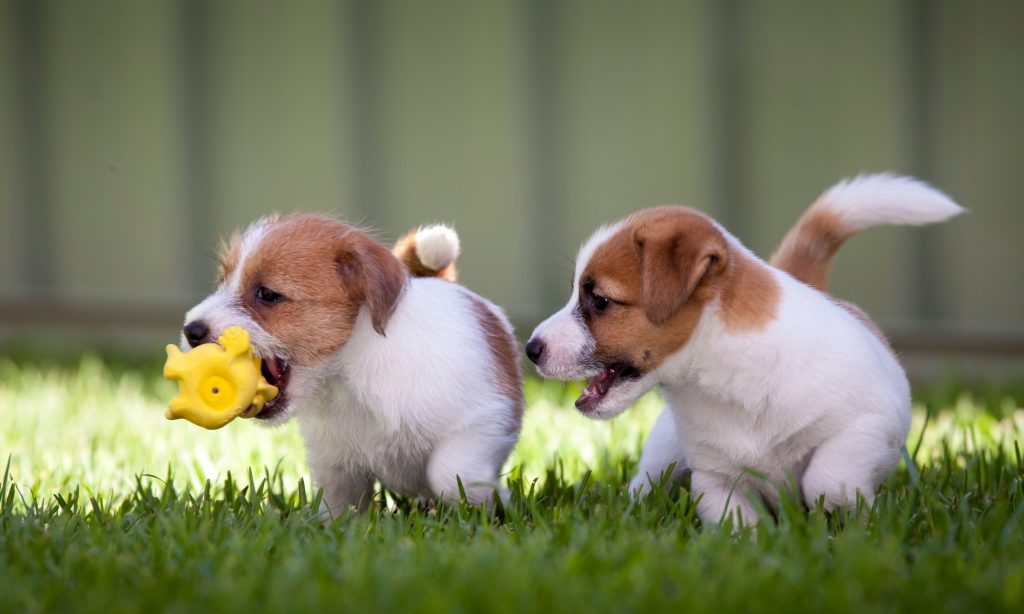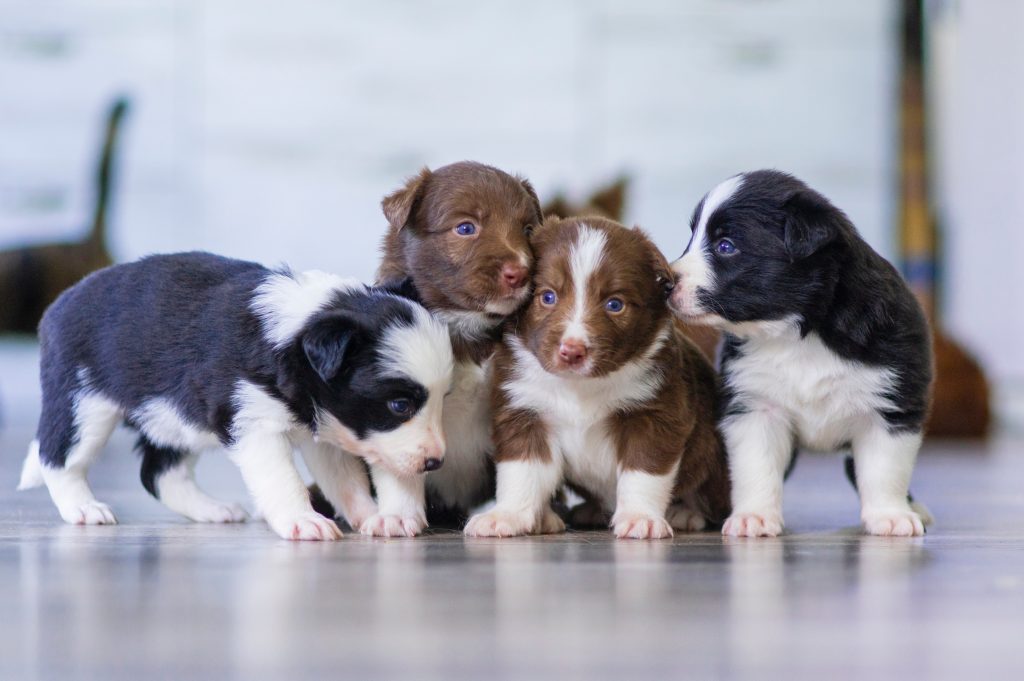The blog post aims to educate dog parents on the significance of early socialization for puppies and to encourage them to utilize our website for further information and resources. The blog will focus on the importance of socialization, its impact on a puppy’s behavior and development, and provide practical tips and techniques for parents to properly socialize their puppies.

As a dog parent, it’s essential to understand the importance of early socialization for your furry friend. Socialization refers to the process of exposing your puppy to various people, animals, and environments in a positive and controlled way. The goal is to help them develop confidence, adaptability, and good behavior, which is critical to their well-being and happiness.
Why is early socialization so important for puppies?
1. Helps prevent fear and aggression: Puppies that are not exposed to a variety of people, animals, and environments can develop fear and aggression towards these things later in life. By socializing your puppy early, you can prevent these negative behaviors from developing.
2. Builds confidence: Exposing your puppy to new experiences and environments helps build their confidence and reduces anxiety. Confident puppies are more likely to be happy, well-behaved, and enjoy life to the fullest.
3. Increases adaptability: Socialization helps your puppy learn how to adapt to new situations and environments. This adaptability can be especially important when faced with unexpected changes in their lives, such as moving to a new home, changes in family structure, or the introduction of a new pet.

How to socialize your puppy?
- Start early: The ideal time to start socializing your puppy is between 3 to 14 weeks of age. The earlier you start, the better!
- Introduce new people and animals: Expose your puppy to different people and animals in a positive and controlled way. This includes children, the elderly, people of different races and ethnicities, and other dogs.
- Visit new places: Take your puppy to different environments, such as parks, pet stores, and different neighborhoods. Let them explore and get used to these new places.
- Use positive reinforcement: Reward your puppy for good behavior and for trying new things. This will help build their confidence and encourage them to continue to be curious and open-minded.
- Enroll in puppy training classes: Puppy training classes are an excellent opportunity to socialize your puppy with other dogs and people.
Conclusion:
Early socialization is crucial for the well-being and happiness of your puppy. It helps prevent fear and aggression, builds confidence, and increases adaptability. By exposing your puppy to new people, animals, and environments in a positive and controlled way, you can help them develop into well-adjusted and confident adult dogs. If you have any questions or need help with socializing your puppy, feel free to chat with us on our website.

Frequently Asked Questions:
Why is socialization important for puppies?
Socialization is important for puppies because it helps them to build confidence, reduce fear and anxiety, and develop positive relationships with other animals and people. It also helps to prevent behavior problems in the future.
When is the best time to start socializing puppies?
The ideal time to start socializing puppies is between 3 and 14 weeks of age. This is when they are most receptive to new experiences and the least likely to develop fear or anxiety in response.
How can I socialize my puppy?
There are many ways to socialize your puppy, including exposing them to different environments, people, animals, and experiences. You can also enroll them in a puppy socialization class, take them on walks, have friends and family visit, and engage in playtime with other dogs.
Can socializing a puppy be too much for them?
Yes, socializing a puppy can be too much for them if they become overwhelmed or frightened. It is important to introduce new experiences gradually and at a pace that is comfortable for your puppy.
What if my puppy doesn’t like socializing?
If your puppy doesn’t seem to enjoy socializing, it may be because they are feeling overwhelmed, scared, or uncomfortable. It is important to take it slow and provide plenty of positive reinforcement and rewards for their efforts. If you’re concerned, consult a professional trainer or behaviorist for guidance.



